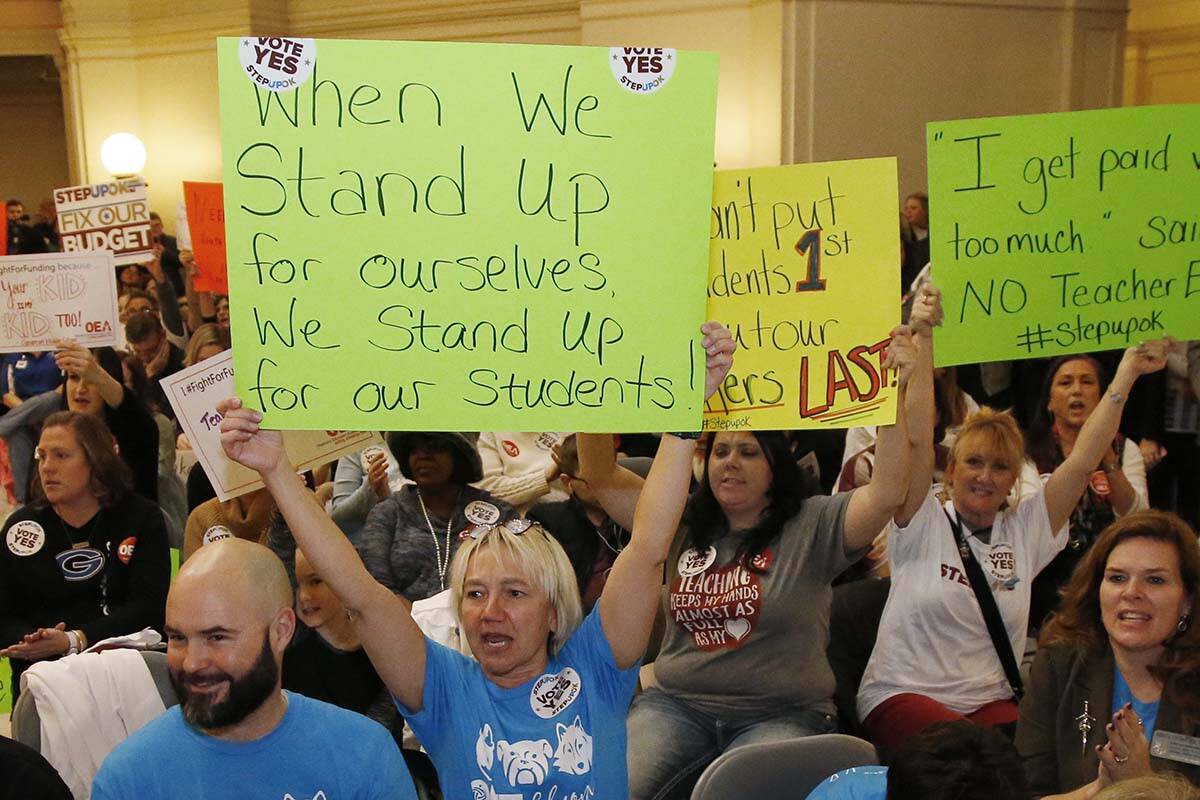COMMENTARY: Utah got it right on public unions
This month, nearly 9,000 municipal workers in Philadelphia walked off the job. The result? Trash piled up on street corners, neighborhoods reeked and everyday life was disrupted. This wasn’t just a messy inconvenience — it was a clear sign of a deeper policy failure: public-sector unions, when given collective bargaining rights, gain the power to stall essential services at will.
The strike, organized by AFSCME District Council 33, demanded wage increases that average 5 percent annually over four years. The deal wasn’t tied to any improvements in service delivery or performance standards. City leaders caved under pressure, leaving taxpayers to foot the bill without receiving better services in return.
When public-sector unions can strike, they don’t negotiate with risk or accountability. They negotiate with leverage built on disruption. And when they win, it’s not because they outcompeted in a market — it’s because they made public life unbearable until politicians caved.
Unlike in the private sector, there’s no balance sheet or competitive pressure to discipline that behavior. Even if city leaders wanted to hire alternative workers to restore services, they’re often barred from doing so by exclusive bargaining agreements. Citizens can’t simply “shop elsewhere” when services fail — because there is nowhere else. The result is a rigged system where taxpayers fund a monopoly they can’t escape, and poor service has no consequences.
Consider this: During the Philadelphia strike, a mother and daughter team began hauling trash for neighbors at $25 per carload. Rather than being celebrated for entrepreneurial problem-solving, they were publicly scorned as “scabs.” That’s the power of union orthodoxy — where free-market solutions are vilified because they challenge the monopoly. In this system, citizens can’t hire an alternative service, even if they want to, because contracts block competition.
Contrast that dysfunction with what just happened in Utah. On July 1, a new law took effect, barring collective bargaining for all public employees across the state, including teachers, firefighters, transit workers and police. The legislation narrowly passed the Utah Legislature after rejecting compromise provisions that would have allowed bargaining if a majority of workers supported it. With this move, Utah joins a small but growing number of states leading the way on public-sector union reform, restoring accountability and flexibility to local governments.
It’s a move worth applauding. First, it gives control over public resources back to taxpayers. Without mandatory bargaining agreements hanging over them, government agencies regain the ability to manage services efficiently, rewarding good performance, adjusting staffing when necessary, and resisting pressure from coordinated walkouts.
Unsurprisingly, unions have pushed back. Union supporters argue that eliminated bargaining makes Utah “less safe.” Some have even launched a referendum to overturn the law.
Their concern is understandable, but it misses the point. This law isn’t about public safety — it’s about removing a structural imbalance. They claim public safety is at risk but offer no clear examples of how the law would cause harm and, even if valid concerns were to arise, resolving them remains a legislative responsibility, not a union mandate. Local democracy doesn’t need to be filtered through a union hierarchy.
Yes, unions can provide protection against bad supervisors, but that role doesn’t vanish when bargaining rights are removed.
Legal protections, whistleblower laws and fair employment policies remain in place. What disappears is the privileged position that unions have held, one that often shields underperformance and tilts the negotiating table away from taxpayers.
The chaos in Philadelphia showed what happens when essential workers can hold cities hostage. Utah’s reform shows what’s possible when accountability takes priority over entrenched interests.
Public-sector union privileges are not a given; they’re a policy choice. And when streets don’t get cleaned, buses don’t run or schools underdeliver, it’s not just taxpayers who lose — it’s also the front-line workers themselves, all while union bosses protect their own power instead of delivering results.
The purpose of government is to serve its citizens, not to let them be held hostage by the services they fund.
Philadelphia’s residents paid the price for a raise they didn’t approve. Utah’s response sends a different message: vital services should never be bargaining chips. Let policy — not pressure — determine public outcomes.
John Yelland is the communications director at Libertas Institute in Lehi, Utah. He wrote this for InsideSources.com.

















